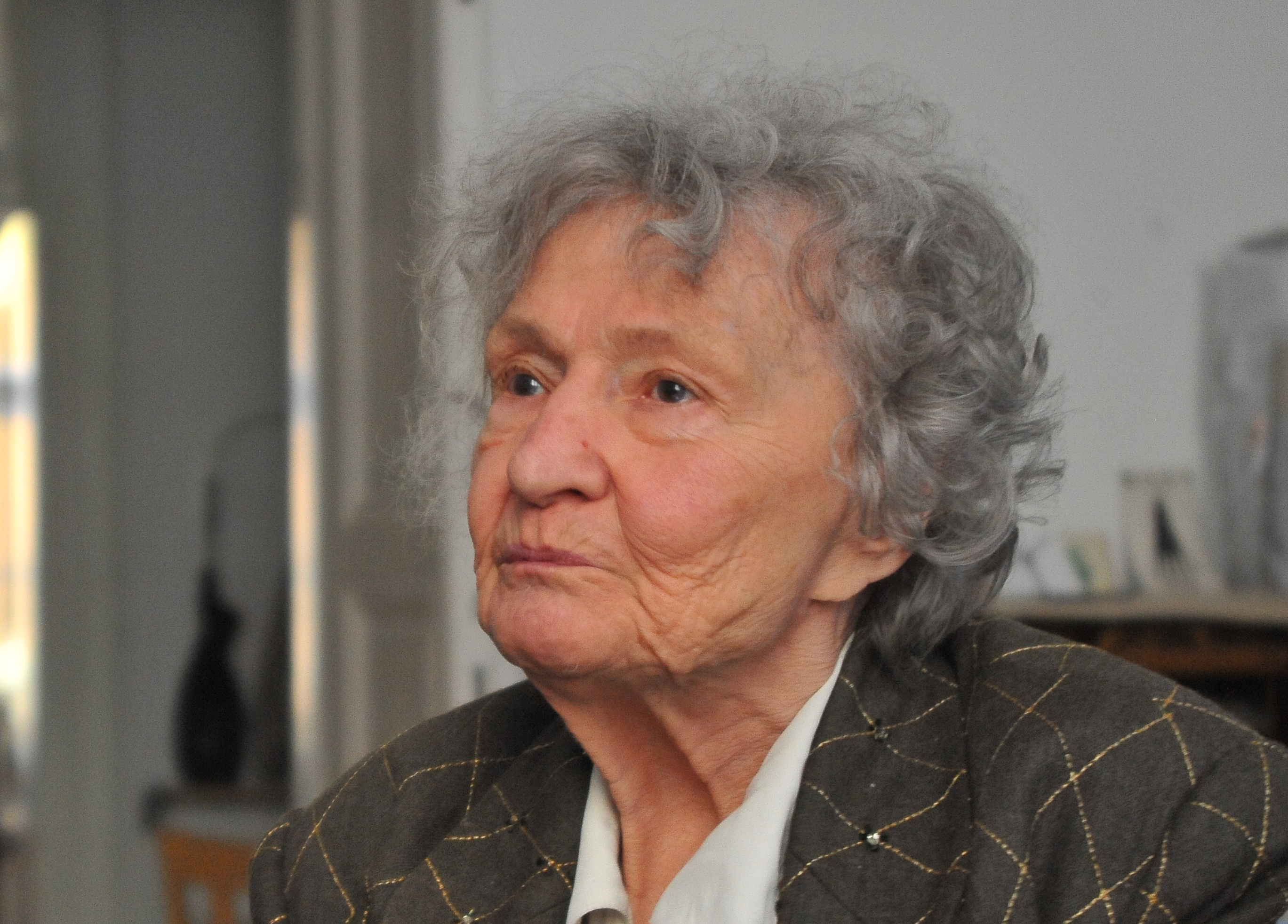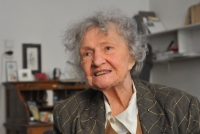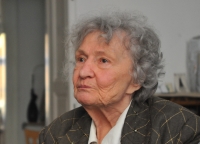She learned five languages and helped Americans as a translator in Nuremberg

Download image
Svatava Vyhnalová was born in Prague on 2 August 1930 into the middle-class family of Josef Pisinger and Marie Pisingerová. Her father was in captivity in Serbia and Italy during the First World War. Under the First Republic, he worked with a French railway company that operated dining and sleeper cars. The parents raised their daughter according to Masaryk’s ideals. A significant factor in the Pisinger family’s life was their kinship with Hana Benešová the wife of the second president of Czechoslovakia. During the Protectorate, the father secretly collaborated with General Karel Kutlvašr and had to hide from the Gestapo as a member of the Defence of Nation resistance network. Svatava drew, played the piano and loved mathematics. During her high school studies she organized performances and worked in a group of youngsters at the Czechoslovak Radio for some time. She mastered five world languages. After the war she took interest in aviation and seafaring. The communist coup prevented her from going to the USA on a scholarship. She decided to leave the country for the West early on. She stayed in Nuremberg for some time and helped Americans with translations. Then she went to Paris to study and became involved in the YMCA. She earned her living as a translator and a domestic worker. During her studies she married František Vyhnal, a Czech artist who had left the country for France. Two sons were born to them. Having separated from her husband, Svata Vyhnalová with children moved to Italy. She settled in Milan in the early 1960s and worked with several major corporations. She worked with Bayer and Alfa Romeo and also took part in organising social events. During the 1960s, she began working with Professor Ladislav Vachulka (founder of Supraphon) on cultural events in Italy. She promoted Czech culture in every possible way. After 1989, Svatava Vyhnalová was active in Czech society at home. Among other things, she was the head of the managemetn board of Bohemia Nostra.

